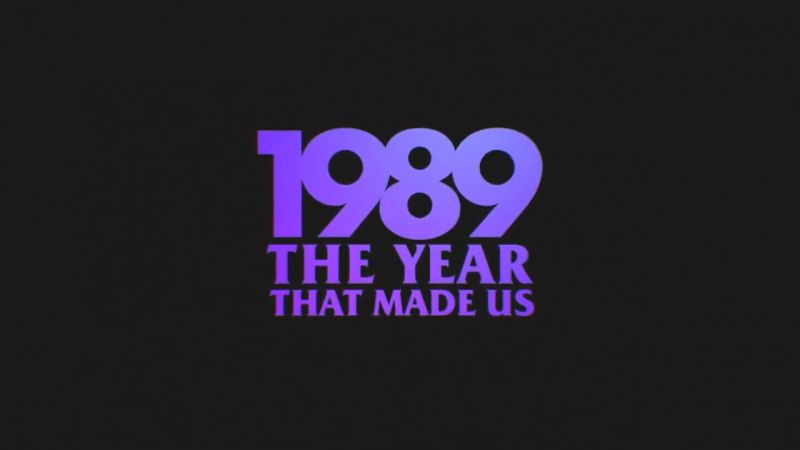1989: The Year that Made the Modern World episode 6: From the protests of Tiananmen Square to the fall of the Berlin Wall, 1989 transformed global politics in profound ways that still resonate today; former Secretary of State James Baker and journalists provide eyewitness accounts.
A chronicle of the most consequential events of 1989, which saw the rise of radicalism, the intensification of tabloid news culture, the birth of the internet, and diverse voices gaining unprecedented traction.
1989: The Year that Made the Modern World episode 6 – World in Revolution
The Tiananmen Square protests, commonly known in mainland China as the June Fourth Incident, were student-led demonstrations held in Tiananmen Square in Beijing during 1989. The popular national movement inspired by the Beijing protests is sometimes called the ’89 Democracy Movement. The protests started on 15 April and were forcibly suppressed on 4 June when the government declared martial law and sent the military to occupy central parts of Beijing. In what became known as the Tiananmen Square Massacre, troops with assault rifles and tanks fired at the demonstrators and those trying to block the military’s advance into Tiananmen Square. Estimates of the death toll vary from several hundreds to several thousands, with thousands more wounded.
Set off by the death of pro-reform Communist leader Hu Yaobang in April 1989, amid the backdrop of rapid economic development and social changes in post-Mao China, the protests reflected anxieties about the country’s future in the popular consciousness and among the political elite. The reforms of the 1980s had led to a nascent market economy which benefited some people but seriously disaffected others, and the one-party political system also faced a challenge of legitimacy.




